Last night I watched The Woodmans, a documentary directed by C. Scott Willis that played on PBS. It also played the VIFF last year and I saw a bit of it then. I liked it, thought hmm, inneresting, and figured it'd be summat I'd be able to watch later. I wish I'd seen it then though, because much of the photographic work shown is nude portraiture and the nudity was blurred, framed by distracting little black boxes. Annoying. Come on people, it's just some naked bodiness...it's art! Chill out already. Anyhow, it's a documentary that's mostly about Francesca Woodman, a photographer who killed herself when she was 22. Actually, it was more about her family; I guess that's why it was called The Woodmans, but Francesca definitely dominates. Her parents, Betty and George are artists, along with her brother Charles, but it was Francesca who garnered the most fame and acclaim. After her death, though. Unfortunately, this is so often the case, that it's somewhat a cliché, and the fact that there is a glamour and romanticism accrued around the suicide of artists, is also a factor that I think contributed to her death wish.
A excerpt from Francesca's journal :
"This action that i foresee has nothing to do with melodrama. It is that life that lived by me now is a series of exceptions. I was (am?) not unique but special. This is why i was an artist. I was inventing a language for people to see the everyday things i also see and show them something different. Nothing to do with not being able 'to take it' in a big city or with self doubt or because my heart is gone"
Since Francesca was raised by artists, she was schooled from birth about the importance of art. George, the painter father said about art and the work ethic, you don't wait until you're inspired. You go to your studio everyday and sharpen pencils when you don't have an idea. You get one eventually. His daughter was even more driven. When her dad was visiting her in NY and complaining about his career, she asked him if he'd called anyone that day and admonished him, you make ONE career related call everyday. He had his most prestigious opening in a group show at The Guggenheim, 5 days after she died.
Francesca took her first photograph at 13, when her father gave her a 6x6 camera. By the time she went to art school in Rhode Island she'd already developed a substantial portfolio. One of her classmates noted, that they were there to figure out what they wanted to do, but she already had that down. She was a photographer.
 |
| Self portrait at 13 - a punnish photo with the photo cable linking to a cable knit sweater. |
She was amazingly gifted and preternaturally driven. I think she was bipolar. Not much is revealed about her mental illness, or what diagnosis she had. All that's shared is she killed herself during a depression.
She had tried to commit suicide shortly before she actually succeeded. Her family was able to intervene and save her, but they weren't able save her from herself for long. It can be very difficult to help someone who is mired in a trough of depression. What is the cure for despair? How do you alleviate it? Her father said, "We seemed to be able to do nothing in particular to help her, and I just think that things unravelled." His face betrayed some emotion at this point. Otherwise he was so, so, stoic when talking about her. You'd never know the pain he felt at losing her. And the mother, wow, she was really good at compartmentalising her feelings about that. When asked how she dealt with the guilt, she said she tried not to feel it.
January 19, 1981, the day Francesca jumped off the Barbazon building was, according to George, a bad day. She didn't get the NEA grant she was waiting on, and trifling though it may sound, her bike was stolen. George and Betty bickered a bit about whether she knew that she didn't get the grant, but George was adamant that she knew. Whatever prompted her decision to end it, she'd had enough. Living can feel like such a burden when you are depressed, the weight of endless days of null headed existence stretching ever on can be a palpably horrifying contemplation. "My life at this point is like very old coffee-cup sediment and I would rather die young leaving various accomplishments . . . instead of pell-mell erasing all of these delicate things…”
It seems to me that her high expectations were what killed her. She was so focused focused focused on her art career, and the art world is a crucible of intent itself focused on fame and acclaim, where she wasn't achieving or being recognised in the way she wanted. And her personality was, as many described her, intense...she was intensely needy emotionally, craving validation. “I am so vain and I am so masochistic — how can they coexist?” It must have galled her tremendously that her talent wasn't recognised. And she was young, only 22; I don't remember having much perspective when I was that age.
Her friend Sloane said, "She was a fragile person. It caused her to make beautiful pictures."
There's a scene with Charles, Francesca's older brother and a video and electronics artist, as the family splashes around in the pool of their beautiful pastoral Italian summer home, he's talking about how they all have egos, they all make art, and no one's art is better than another's. Even though that's true on one level, on another it sounds like so much sour grapes. Neither his work, nor his parents' got the attention that Francesca's did, her fame in the art world completely eclipses theirs, and they all have had to deal with that inescapable fact. He says also, that he felt different, but that Francesca was special.
Both her parents continued successfully on in their careers. Her mother, mostly with ceramics and her father, mainly a painter. But Francesca? The fame and success she never got to experience, eventually far outstripped theirs. As one friend said, "as time went on and the kids needed tuition or whatever, I'd pull out another Woodman print and sell it. I have a stack of them." Her suicide and the subsequent interest in her body of work is the tragedy that informs the Woodmans' lives. She made photographs for 8 years and for all their creativity, they were merely the bloom of what surely would have matured into swaths more intriguing and complex work. And that loss of her potential is also the tragedy of her suicide. On making it to 77, her father said he enjoyed his perspective on life as a 77 year old and ruefully observed that his daughter never got to experience that. "I think to stay alive is a pretty good thing to do."
Betty said that her work changed after Francesca died. She stopped making functional pottery. When an admirer of an installation said "Your work makes me feel good", Betty mused that maybe that's why she does what she does - that she's trying to make herself feel good.
Betty Woodman's installation piece for the American Embassy in Beijing,
in honour of the 2008 Olympics. She works on it throughout the documentary.
Some of her father's photographic work actually incorporates his daughter's photographs into his own, a form of memento mori. His style mirrors hers, as if he became one of her disciples in order to honour her.
Her sudden and premature death has inevitably shaped their lives, and as much as they are stoic about their loss, they are artists first and foremost. Their life is their work, and her work has become a part of their lives as well. Betty and George must be the executors of Francesca's estate; they are the ones who decide how their daughter's photography is shown and promoted. They have been able to nurture her career in a way they couldn't when she was alive, and small comfort, though it may be, I'm sure it's satisfying that they have been able to keep that aspect of her alive in the public eye. That her photography finally got the recognition and respect Francesca felt was her due, must give them succour. Pride is what may have undone her, that and her mental illness, but in the face of her talent, at least their pride over what she accomplished, must mitigate some of their grief, at the loss of her.

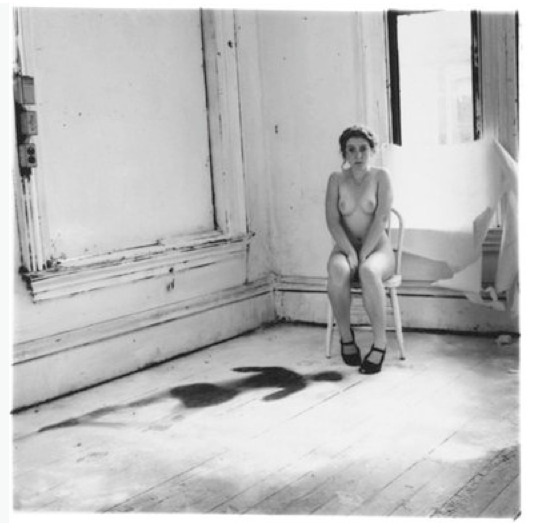





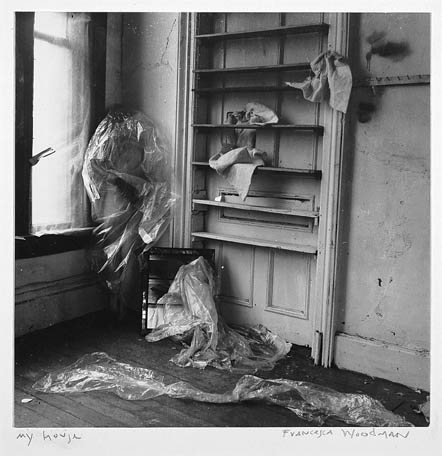
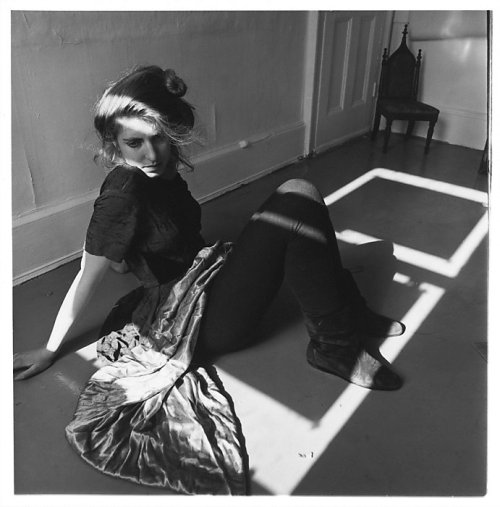


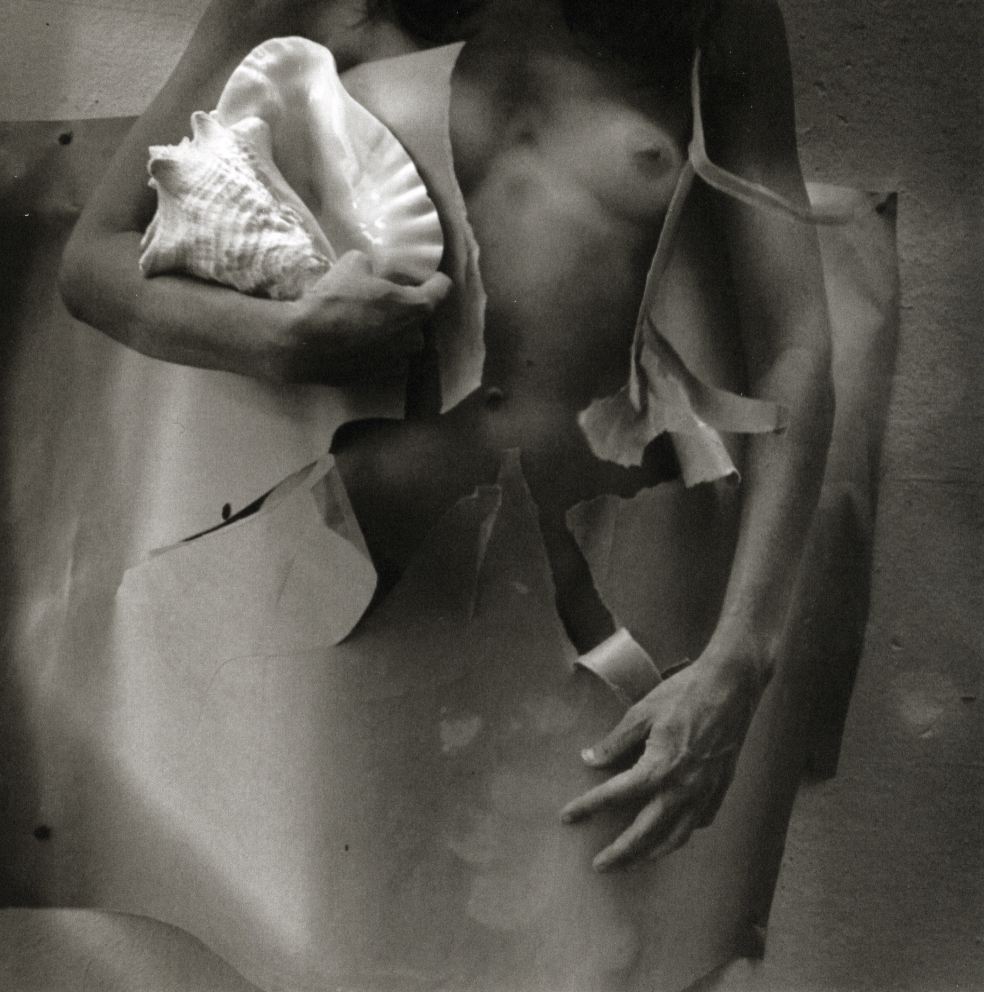
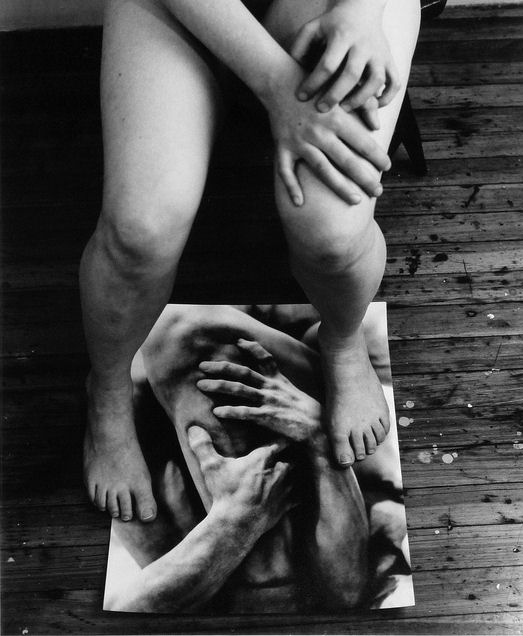
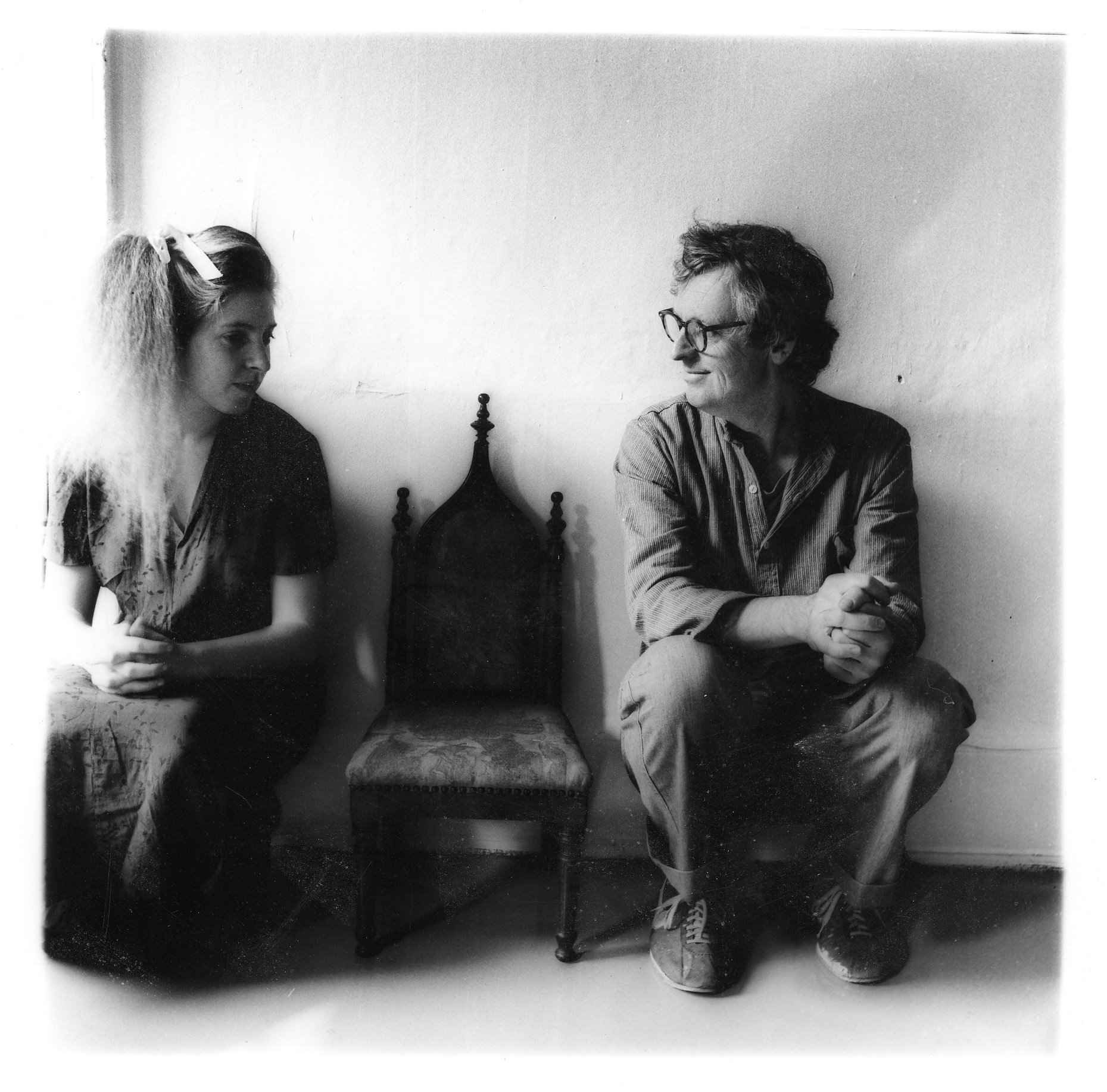
2 comments:
You got this completely wrong. Watch the film again.... Francesca experienced benign neglect from her narcisitic parents... even her death is "their tragedy" and the father complained it almost ruined his upcoming art show. Mom and Dad spent all their time doing their own thing, and everything the kids did was a reflection of them. Francesca felt like a fractured, semi-visible reflection.
I did wonder about what Francesca would have had to say about her parents and her upbringing. Where did you get her perspective from?
Post a Comment